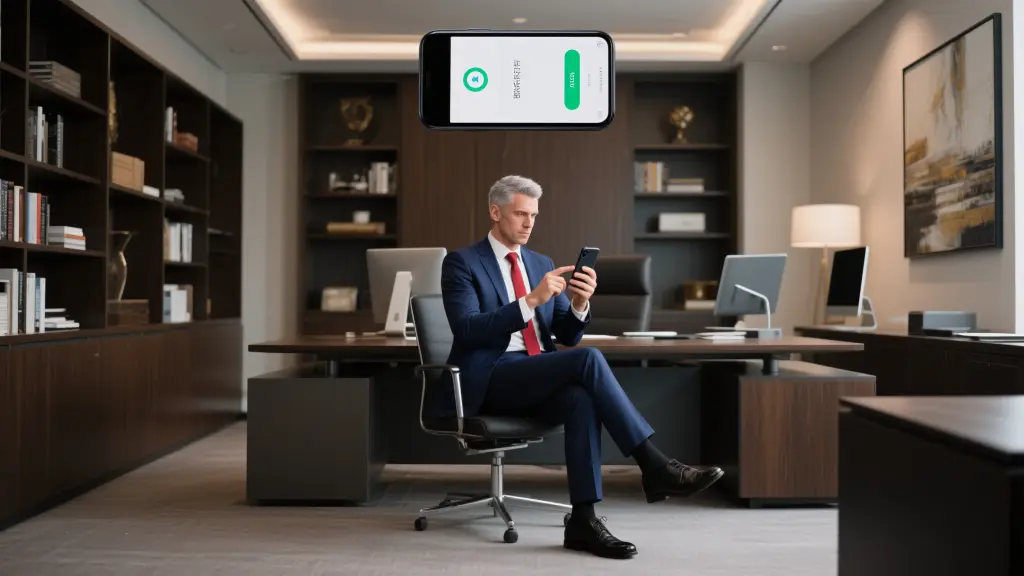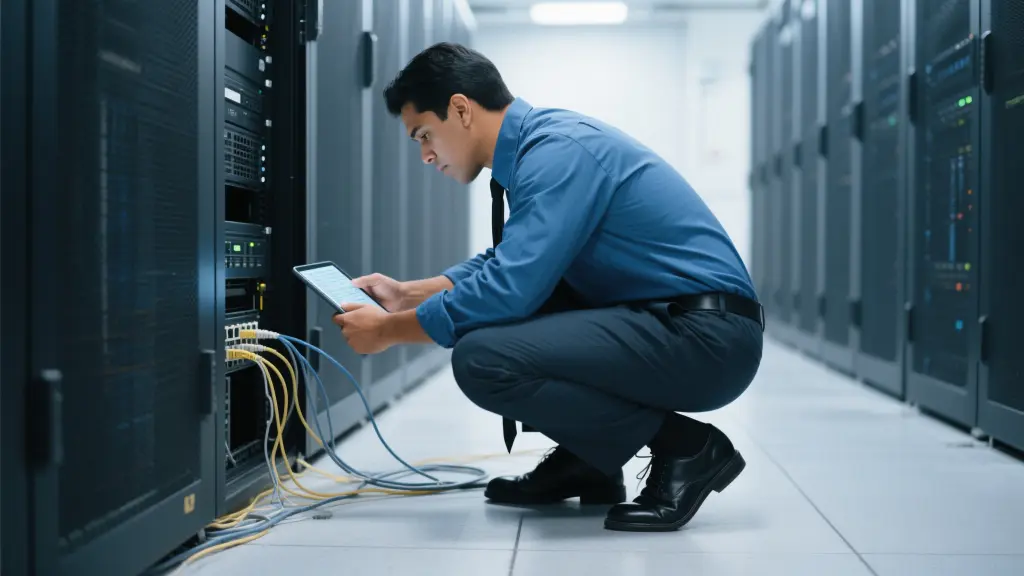Understanding VPNs
Before diving into the setup process, it’s crucial to understand what a VPN actually does. A VPN creates a secure and encrypted connection between your device and the internet. When you use a VPN, your internet traffic is routed through a private server rather than your Internet Service Provider (ISP). This circumvents potential spying by ISPs and hackers, allowing you to browse anonymously.
Key Benefits of Using a VPN:
Selecting a VPN Provider
Choosing the right VPN service is critical for a seamless experience. Not all VPNs offer the same features, so it’s essential to look for the following:
Here’s a table to help you compare some popular VPN services based on their features:
| VPN Provider | No Logs Policy | Speed | Encryption | Pricing |
|---|---|---|---|---|
| NordVPN | Yes | High | AES-256 | $3.71/mo |
| ExpressVPN | Yes | Very High | AES-256 | $6.67/mo |
| Surfshark | Yes | High | AES-256 | $2.49/mo |
How to Set Up Your VPN
Once you’ve selected a suitable VPN provider, it’s time to set it up. Generally, the process involves these steps:
By following these steps, you can easily set up a VPN and start enjoying a more secure and unrestricted online experience. The internet is vast, and with the right tools, you can freely explore it while maintaining your privacy and security.
A VPN, or Virtual Private Network, is a powerful tool that establishes a secure and encrypted link between your device and the broader internet. By doing so, it ensures that all your internet traffic is rerouted through a private server instead of being sent directly through your Internet Service Provider (ISP). This method effectively masks your real IP address, allowing you to surf the web with a level of anonymity that is increasingly important in today’s digital landscape.
Using a VPN is generally legal in most regions, but it’s wise to familiarize yourself with the specific laws governing its use in your area, since some countries impose restrictions. The benefits of using a VPN extend beyond just anonymity. For many users, a VPN can actually enhance their internet experience by reducing slowdowns caused by bandwidth throttling, especially during peak times when ISPs may limit speed. Even if you’re browsing well-known and trusted websites, the potential for surveillance by ISPs and hackers exists; this is where a VPN shines by adding an extra shield of security. Plus, the majority of VPN services offer the flexibility to connect multiple devices at once, accommodating various platforms like Windows, macOS, iOS, and Android, making it easier to secure your digital presence across the board.
Frequently Asked Questions (FAQ)
What is a VPN and how does it work?
A VPN, or Virtual Private Network, creates a secure and encrypted connection between your device and the internet. It routes your internet traffic through a private server rather than your Internet Service Provider (ISP), effectively disguising your IP address and allowing you to browse anonymously.
Is using a VPN legal?
Yes, using a VPN is legal in most countries. However, it’s important to check the specific laws and regulations in your region, as some jurisdictions may have restrictions on VPN use.
Can a VPN improve my internet speed?
While a VPN can sometimes slow down your connection due to the encryption process, it can also improve your speed by bypassing bandwidth throttling imposed by your Internet Service Provider (ISP) during peak usage times.
Do I need a VPN if I only use trusted websites?
Even when using trusted websites, your online activities can still be monitored by your ISP, hackers, or malicious entities. A VPN offers an extra layer of security and privacy, making it worthwhile even for safe browsing.
Can I use a VPN on multiple devices?
Most VPN services allow you to connect multiple devices simultaneously. Many providers support popular operating systems like Windows, macOS, iOS, and Android, enabling you to protect all your devices with a single subscription.
